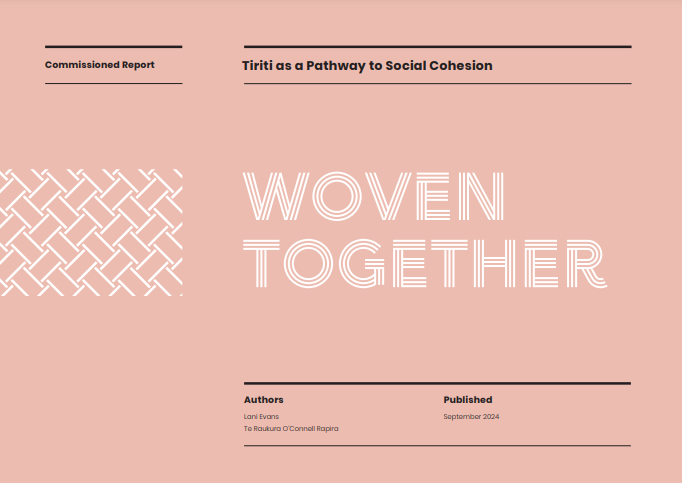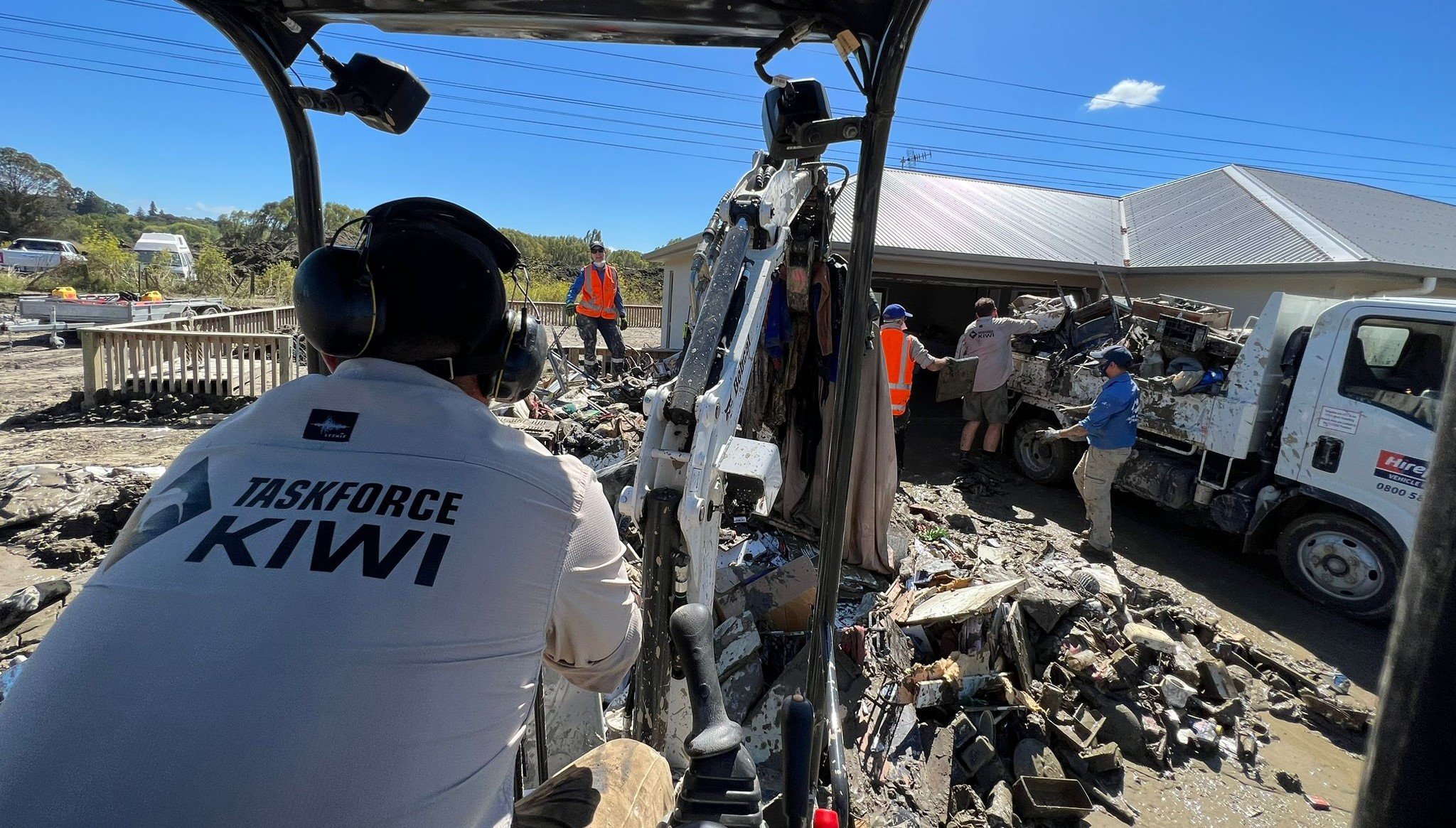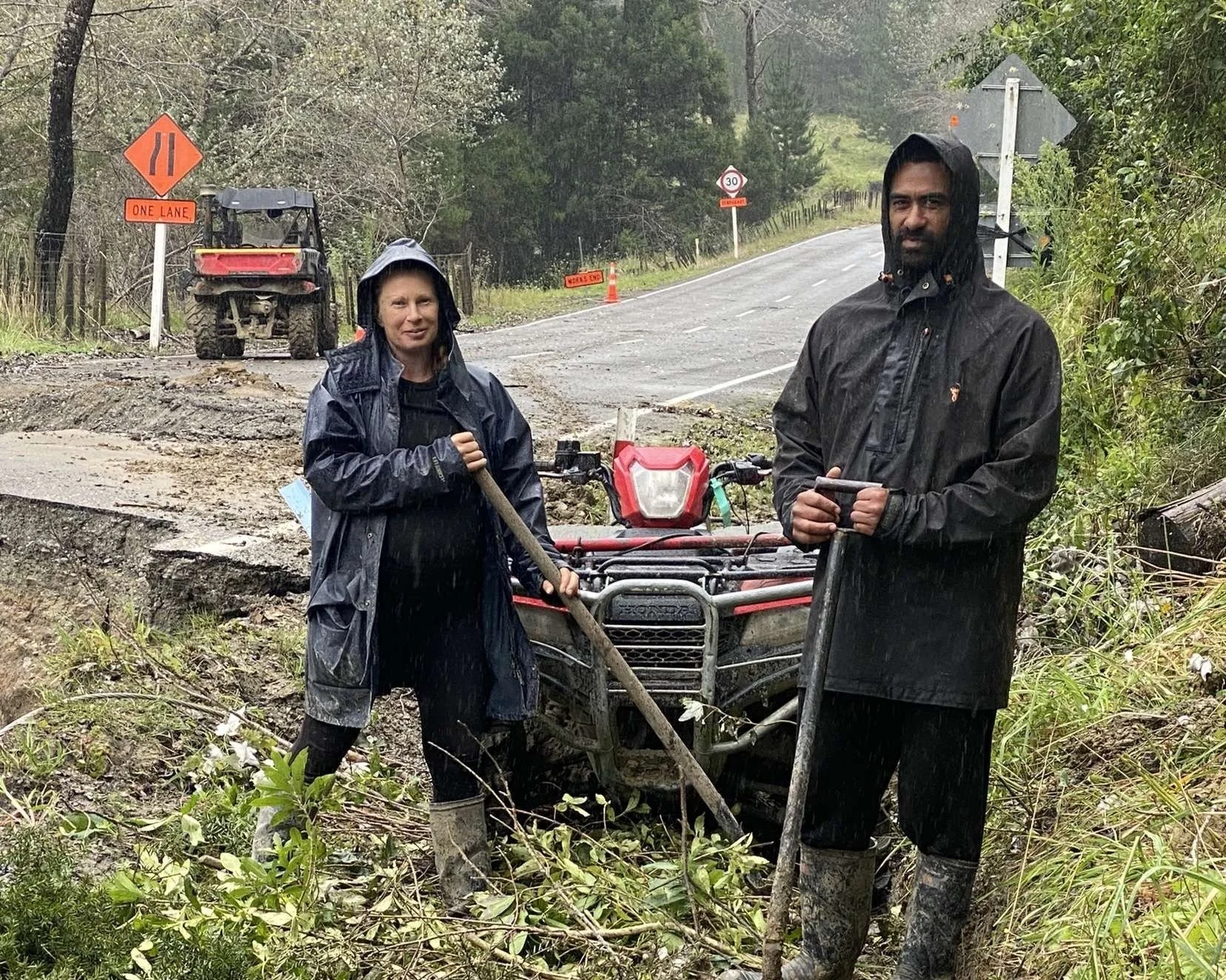Promoting social cohesion for Aotearoa
Fostering social cohesion is key to advancing equity in Aotearoa. That’s why a group of funders have commissioned Woven Together, a report that highlights how the philanthropic and grantmaking sector can effectively uphold Te Tiriti o Waitangi and help to foster a more socially cohesive Aotearoa.
Promoting social cohesion for Aotearoa
Lani Evans and Te Raukura O’Connell Rapira authored Woven Together, which explores the concept of social cohesion and examines the critical role that philanthropic funding can play in advancing this goal and synthesises insights from literature, media, and interviews with 80 experts to address the state of social cohesion in Aotearoa. It underscores the importance of prioritising Māori-led initiatives and inclusive practices to ensure that every person in Aotearoa feels safe, welcome, and valued. Through targeted philanthropic efforts, funders can play a vital role in strengthening the social fabric of Aotearoa and honouring the articles of Te Tiriti o Waitangi.
Woven Together was commissioned by The Gift Trust with support from Clare Foundation, Foundation North, Len Reynolds Trust, Spark Foundation and Wayne Francis Charitable Trust
Recommendations from the report include funding more Te Tiriti education, supporting more evidence-based messaging and taking collective action. You can read all of the recommendations and suggested activities in the report here.
What is Social Cohesion?
Social cohesion refers to our ability to live well together. It encompasses ideas of trust and belonging, opportunities for civic action and participation and policies that ensure social and economic inclusion. Strong social cohesion leads to better civic engagement, reduced violence, and improved health and economic outcomes, while weak cohesion creates the conditions for systemic corruption and discord.
Globally, social cohesion is in decline. Key threats include escalating inequality, the proliferation of misinformation and disinformation, polarising political rhetoric, changing media landscapes, and online harassment. These factors erode trust in institutions, hinder public discourse, and exacerbate social divisions. Effective strategies to improve social cohesion include public education, active citizenship, positive intergroup interactions, and fostering inclusive social norms. To be truly effective, these efforts must be coupled with structural changes that address historic injustices and promote equitable opportunities for all members of society.
Read the full report here.
Insights FROM FUNDERS
Philanthropy News: Issue 90, November 2023
Funders’ early investment and knowledge best ensures communities cope in disasters
Philanthropy News: Issue 88, April 2023
A community is as strong as its relationships
rECENT PNZ ARTICLES
Philanthropy News: Issue 85, April 2022
Tongan Leadership: the Hunga Tonga - Hunga Ha’apai eruption and relief efforts – mobilisation, partnerships, and meaningful impact
past webinars
Psychological wellbeing and disaster response webinar
This webinar hosted by PNZ and Philanthropy Australia addresses the long-term impact of recent disasters in the Asia-Pacific region, offering insights on psychological wellbeing and funding initiatives for resilient recovery.







